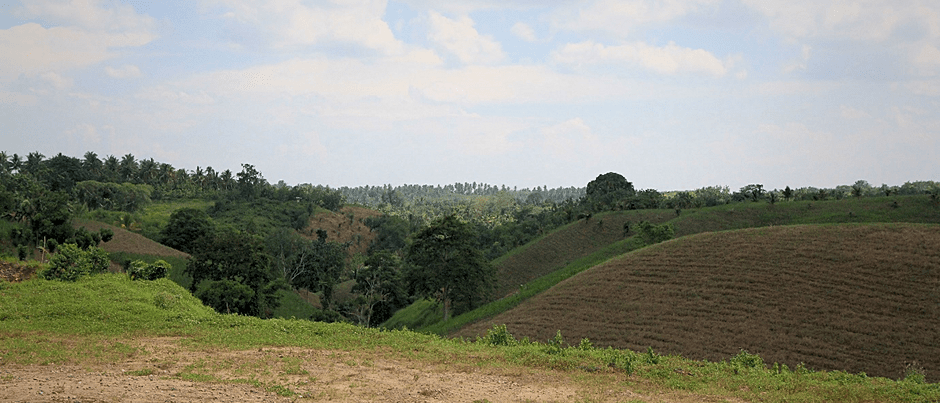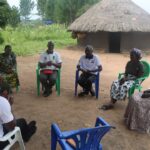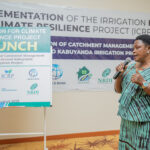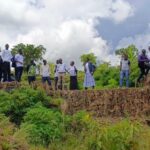“Going Bananas” to restore productivity and food security in the Philippines

With our partners Treelife, Research Institute of Organic Agriculture (FiBL), the Municipality of Carmen, and the University of Southern Mindanao in the Philippines, Aidenvironment has started work on an RVO-funded SDGP program on integrated water and agricultural value chains called “Going Bananas.” Shifting from unsustainable annual crops that lead to high erosion and water runoff toward an inclusive, profitable organic banana growing system will conserve soils and pull people out of poverty.
We have finalized a successful inception phase in which the program was launched in Carmen Municipality, extensive field research was done, bananas were grown, pilot sites identified, and more. From September 2020 onwards we will move forward with actual implementation.
Carmen Municipality is located in a region of Mindanao that is recovering from decades of conflict and still suffers from high poverty rates and low food security. Nevertheless, it also has a lot of potential and a fertile landscape, and has many times been referred to as the potential breadbasket of the Philippines. But there are challenges to overcome.
Farmers now grow cash crops such as maize for animal fodder on steep slopes and hilltops and use a lot of pesticides in the process. This leads to high levels of erosion and pollution of both soil and local water sources. Production is becoming less effective and food security is under pressure.
A further challenge has now appeared in the form of the Covid-19 virus. To combat the virus the local authorities have restricted imports, banned local travel, and kept people under lockdown. Communities now face challenges such as securing health, food, and livelihood opportunities for families. Covid-19 shows us how important it is to develop strong and climate-resilient local farming systems and food chains, employment opportunities, and stable incomes.
That is exactly what the Going Bananas program will be working on for the coming four years. Introducing climate-resilient farming, providing incentives in the form of seedlings, improving market conditions, and landscape interventions will enable the farmers to become productive smallholders, raise their incomes, and increase nutritional value and food security for their families.
While adapting to practical restrictions that are in place, we are excited to find our way and move on with this interesting project. We will keep you updated on progress.
For more information, please contact Lysanne Vergroesen



